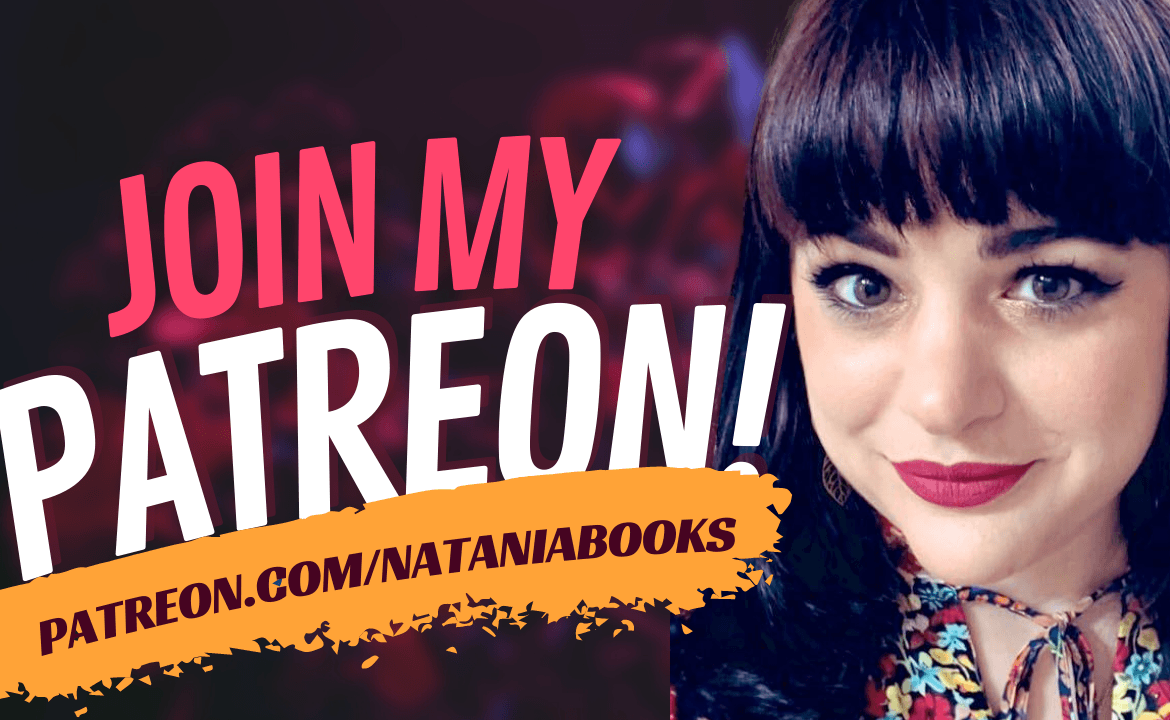 I don’t think I can ever express just how how hard I tried to get to Narnia.
I don’t think I can ever express just how how hard I tried to get to Narnia.
Sure, some people read books and are inspired by them; they’re influenced by them; they are changed by them. It’s normal. It’s part of the wonder of, especially I think, fantasy literature. That world just beyond the mirror, that glen just over the bend that blinks in and out of existence. It reflects the worlds we want to exist, lingering just there on the edge of what we see.
Except, for most of the fifth grade, I didn’t just like the Narnia books: I believed them. I hoped in them. I wrote strange notes to Aslan (some of which I still have) asking him to use me, to send me on missions because I was ready and willing. I knew that one couldn’t get to Narnia by thinking about it. That was one of the first rules. But I figured no one on earth had tried as hard as I did, and that had to count for something.
I remember sitting in the grass behind my house in Dalton, MA, spread-eagled, eyes closed, while the summer sun made my face warm. I remember being utterly alone, enveloping myself in the sights and sounds of the season, letting Nature swallow me whole. I believed with all my heart and soul that I was going to be taken that day. That Aslan would scoop me up and bring me out of this stupid world, full of sadness and confusing emotions and loneliness, and make me someone special.
But he never came, and I felt defeat and sadness like I never had before.
When I finally couldn’t stand it any longer, I drew my legs up under my chin and stared down at the weeping willow tree, sadly unanimated. No dryad. No magic. Nothing. I was alone in my own world with my sick father, my crumbling mother, and more feelings and frustrations than I knew how to cope with. I remember feeling, above all, that I was vastly different from everyone else (who doesn’t at that age?) and that no one really understood what I was going through. No one understood the pain my father was in (though I recall talking to our guidance counselor, I don’t remember any particularly good advice) or the stress my mother had to endure, holding up our entire family as she did. But Narnia let me escape all that, and even then it had failed me. When I needed it the most, it wasn’t there. (I think at last count I read the entire series six times over until a teacher kindly suggested I read something else; I know I read The Voyage of the Dawn Treader at least ten times.)
Time passed. I found other worlds. I followed Meg Murry into cells and across planets; I gallivanted across the Shire and Middle-Earth with the hobbits; I sought out Exalibur. But nothing ever moved me the way Narnia did. Nothing struck me, as Narnia had, had made me believe so firmly in something that wasn’t real.
Except, there’s the rub. Yes, Narnia failed me in not being a real place. But it didn’t stop me from pretending otherwise. It didn’t stop me from crossing over to my other worlds, from painting my own landscapes and passing through my own mirrors. Narnia stayed with me as the first world to which I truly escaped. It served as a point of origin for my desire to write. I’ve written plenty of secondary fantasy worlds, but Pilgrim of the Sky and most of my early work all holds a “through the wardrobe” sort of feel. And I think it’s important that this book has come first. Because, in my evolution as a storyteller, Narnia came first.
Without Narnia’s grave disappointment, I would never have tried so hard to find it again.












What a wonderful essay.
Thank you! 🙂
That was brilliant, and I think hits rather close to home for authors of speculative fiction. Even today, it is difficult to explain to my wife that while I had toys, my childhood games were alone in the back yard with a stick. But to me, it wasn’t a back yard, it was battlefield full of orcs, and the “stick” was a staff for smiting them with ice and fire.
I’m not sure I tried quite as hard as you did to literally find Narnia, but I knew as early that I wanted to write science fiction and fantasy, thanks to Lucy, Meg Murray, and later Frodo.
I have destroyed more copies of DAWN TREADER than I have even seen of most other volumes; only THE NEVERENEDING STORY is in nearly as bad a shape on my shelf at any given time. (And not yet available for Kindle. I declare travesty.)
What is it about TREADER, I wonder? It feels so much more alive to me, I suppose. And adventurous. And there is wonderful character progression in Eustace (though Jill was definitely my favorite girl from the real world who went to Narnia) which you rarely see in Lewis (don’t get me talking about Susan). Though the SILVER CHAIR was really something, too.
Lion/Witch/Wardrobe and Prince Caspian were so bloody *serious*. VOYAGE OF THE DAWN TREADER was the first Narnia book where the characters just sail off into the wild blue yonder purely for the sake of exploring. To travel to lands that even the *Narnians* found exotic…woah.
THE SILVER CHAIR was the similar, and I love Rilian’s line at the end (though he’s lamenting he didn’t go further at the time) that Caspian travelled to one end of the world, Rilian to the bottom. Both were just fantasies-within-fantasy of a type that churned the imagination.
Hugs. I fully sympathize. I hate high heels because a little part of me believes that if-WHEN- that portal opens, I want good footwear when I go to that Other Magical World.
Oh totally! For me it was contact lenses. Don’t want to be caught in Narnia with those. At least glasses would last longer and prevent severe eye infections (not to mention not being able to see!)
Fantastic entry! I remember those days, well. I didn’t take the time to fully read the entire Narnia collection until I was in my early 20s, but even then, I was consumed by it! I love C.S. Lewis. I only wish the new Narnia movies could be BETTER! 🙂
Another book that I repeatedly read was The Ship That Flew, by Hilda Lewis (published 1939). A model ship, found in an obscure small-town shop, takes children on magical adventures through time and space. It’s been years since I read it, but I still remember how they eventually had to put their childhood behind them. Beautiful but heartbreaking.